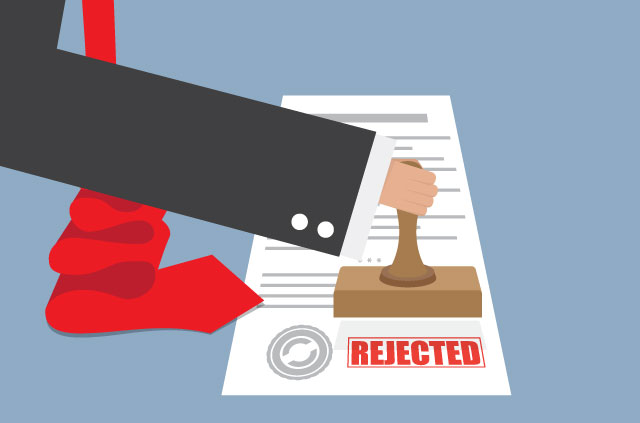Donald Trump’s quest to squash Obamacare may have stalled, but he has succeeded in destroying your right to a private life.
On April 3, Trump trashed legislation forcing internet service providers (ISPs) to ask permission to share your personal information. With a stroke of his pen, Trump let ISPs retain the right to collect your information without your permission—and use it however they choose.
What the new U.S. ISP legislation means for you
Data collected by telecoms companies and ISPs could piece together an accurate picture of your daily life, including where you work, the time you leave the house, how long you’re out for and when you usually leave home. The data could even divulge when you are going to be away for long periods, thus opening up an opportunity for theft.
Your personal habits extremely valuable: There’s nothing to stop an ISP selling your information to a marketing firm who can then bombard you with unwanted, but targeted ads. Even worse, what if an insurance company bought your data? You could be refused protection based on your lifestyle.
ISPs can keep all the information they take without your consent, and the law confirms they won’t have to tell you what happens to your data—even if they lose it through a security breach, or decide to sell it to the highest bidder.
Don’t think this kind of legalised, large-scale collection of your personal data is only allowed in the United States. It’s part of a growing campaign by governments across the world to grab information about every aspect of your personal life.
Data harvesting: A global problem
From April, ISPs and telecoms companies in Australia will collect and retain all metadata on their customers for commercial use and for unlimited access by any government department that requires it.
The Australian ruling follows the Investigatory Powers Bill introduced in the UK in November 2016 which forces ISPs to collect users’ metadata—including phone app usage and phone call records—and then turn it over to the government.
No matter that such intrusive laws are against users’ human rights, this puts more emphasis on how securely those who collect your data can store it. Can we trust them with all our secrets?
Protect your personal data from ISPs with a VPN
Your privacy is under assault by both the world’s biggest companies and most powerful governments. There are real concerns about whether ISPs can be trusted to secure our information. It’s time to take back control of our private lives, and there’s no better way to do that than by using a VPN service.
VPNs protect you by encrypting your internet data, meaning ISPs and other snoops have no way of tracking your personal activity or collecting your information.
Make sure that you’re signing up for a well-established and reliable VPN service that can give you peace of mind. Check out the many available reviews online to help you make the best decision.


LOL at Trump’s hand!!